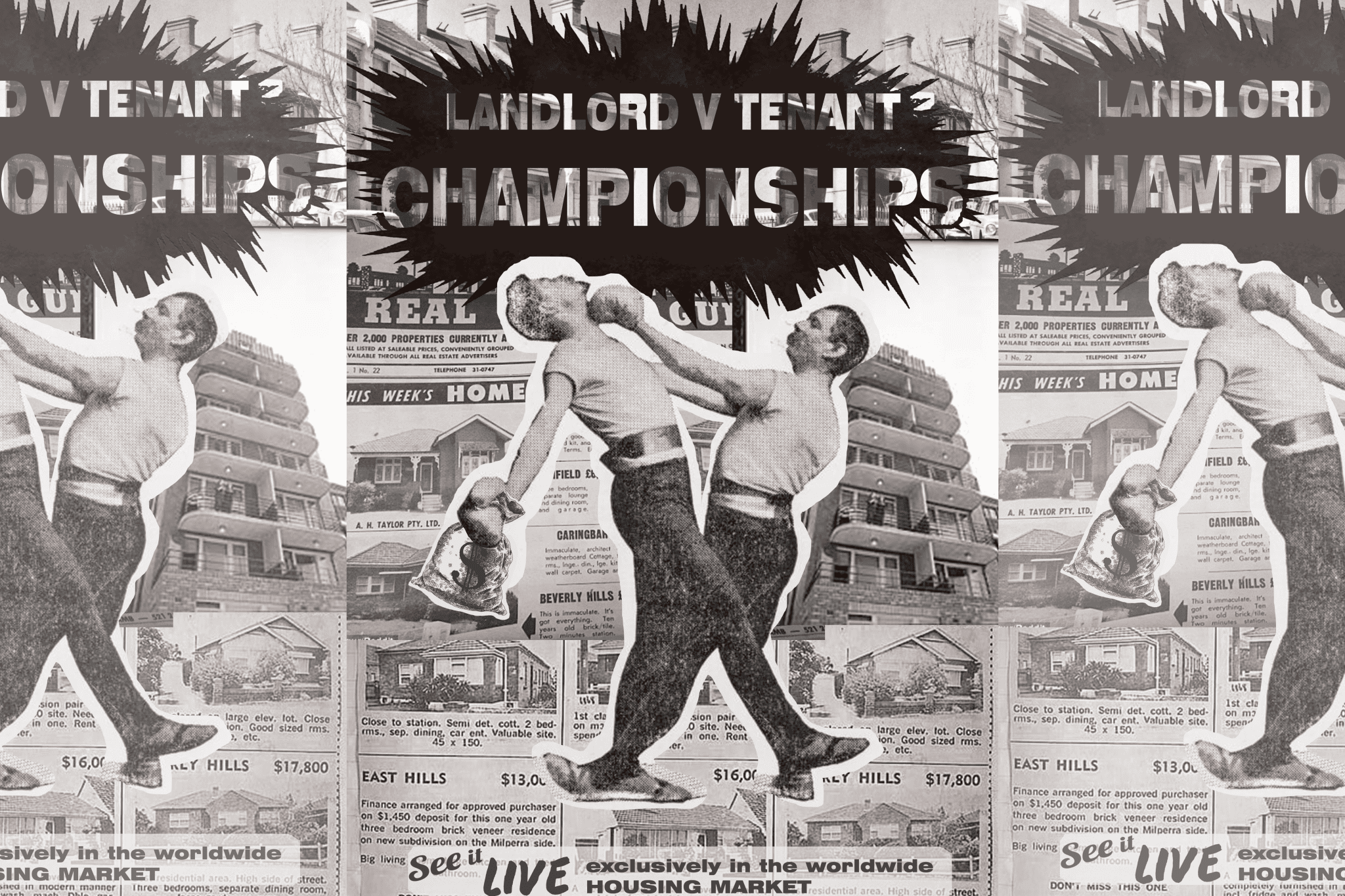Dearest renters of Honi,
I don’t need to tell you that things are pretty grim out there for us at the moment. With vacancies under one per cent, rent bidding the norm and substandard housing stock being flogged off for a premium, we know that we are drawing the short straw. If you haven’t been hit already, chances are that a rent increase is just around the corner for you, like it is for me. Unfortunately, given the failure of successive governments to help out by limiting rent increases or capping rents across the board, there’s not a whole lot we can do to stop our rents from going up. But, dear ones, what little power that we do have, we must zealously make use of. Because, there are still ways for us to fight back.
If, for example, you have the bad luck of ending up on the wrong end of a rent increase notice, you need to check up on a few things.
First, you need to review the terms of your lease. If you’re currently in a fixed term lease of less than two years, the rent can only go up where the rent increase is specified in the terms of the rental agreement. But, if you are on a fixed term lease of more than two years, or a periodic lease — which, importantly, is what rental agreements default to when your lease term ends and you don’t move out or sign a new lease — your rent can go up just so long as you’re given the right notice.
So, if you’re in the latter camp and subject to an increase, you also need to check if the notice you’ve been given correctly identifies a date, no less than 60 days from the issue of the increase, from which the new rent value is payable. The notice you’ve been given must also identify the total value of the new figure to be paid in rent, not merely the amount of the increase. If your landlord or agent hasn’t done these things (and you’d be surprised at how many aren’t doing their due diligence) then congratulations, they haven’t issued you with valid notice. When it becomes relevant, you ought to tell them that. You also ought to tell them that under Section 41 of the NSW Residential Tenancies Act 2010, any rent increase issued outside these parameters is not payable by you. They won’t like that line, but if, like me, you like to watch parasites squirm, then this is a good start.
But, what are you to do, dear renter, if it turns out that your landlord or agent has done everything by the book and you’re still getting screwed? Well, it isn’t yet time to bow out. The threat of the tribunal (the NSW Civil and Administrative Appeals Tribunal, specifically) looms large over many a tenement slum-lord. But, very few of us want to endure the months-long bureaucratic ordeal of actually going there. So all that’s left is the option of negotiating.
The most effective way to counter an unfair rent rise is to propose a compromise figure. You should base that figure on comparable current listings in your area. If better places are going for less near you, then bring it up. Further, if your increase is of a significant proportion, bring up the fact that interest rates at the big banks have moved only from about two percent to about eight per cent. That’s not insubstantial, but it’s definitely not enough to justify doubling your rent, or even adding to it by half. Nobody’s repayments have gone up that much. In all likelihood, it’s greed, not necessity, that’s pushing up your rent so high.
Ultimately and unfortunately, there’s no telling exactly what will work when it comes to a system that’s rigged against us. It may be that you just have to cop your increase. But, dear renter, even if that is the case, I implore you not to take it lying down and to stand steadfastly for your rights.





